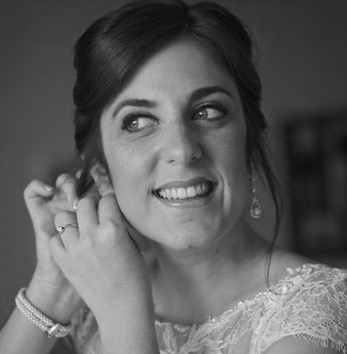June 28th, 1969. Greenwich Village, NYC. It started like any other night back then- a police raid on a gay bar. The Stonewall Inn was the daily victim. Only that night, unlike any other night before, was about to mark Gay pride for decades to come. This was the first time the LGBT (Lesbian, gay, bisexual and transgender) fought back as a riot began. This marked the beginning of a Gay Pride tradition, and Gay Pride celebrations take place all over the world during the month of June.
Last Friday, the 18th Israeli Gay pride parade took place in Tel Aviv – the city which became a world gay center. In the past few years, Tel Aviv became a city of “acceptance” and “embracement”, and “openness”, as its streets are being colored during the month of June. Tens of thousands of tourists from all over the world know where to go during Gay Pride celebration, and there is no doubt the Tel Aviv parade redefines “pride”. However, despite the great success of the parade, it is very important to never forget the purpose of the march. More than a good time, colors and music, the parade is a recognition of a struggle still vivid – a struggle for equality. It may be hard to believe, but in 2012, the gay community, of all races, genders and types, does not get equal rights in many places in the western world. The openness towards the members of the LGBT community is growing with time, but the various governments still refuse to acknowledge them as equals. Gradually, more and more states allow same-sex marriage or same-sex families, but of all places, when it comes to equal rights, Israel still has a long way to come. The Israeli law shows no progress as tens of same-sex marriage law proposals have been voted down. The Israeli LGBT’s still have many hurdles to cross, including the Orthodox status quo.
As much as the Tel-Aviv parade is meaningful and shows off a true victory of light over darkness, I find it difficult to see this as a national trend. In my hometown, for instance, there’s a Gay pride parade planned for July. This was good news if it weren’t for the fact that this parade will never march, at least not with an official municipal approval. The 40% religious residents and an old fashioned community are opposing an event of such character, claiming for provocation and an exposure of a “marginal phenomenon”. They also said that if the Gay community wants equal rights, they should go to the Knesset or the parliament, and not celebrate in the streets. This sentence alone shows the thickness of parts of our society, a society where every man for himself is the rule. This quality is very non-Israeli, which is why I believe that the opponents are a very small minority group, and that what I saw in Tel- Aviv this past Friday is the future.
One of the people who stands behind the pride celebrations in Tel-Aviv during June and throughout the entire year is Yaniv Waizman, and after talking to him, I was filled with hope and pride. “The pride festival is a show of our strength as a community. It is both a reminder to the fact that there is still inequality in Israel, and also a celebration for the difference and for the acceptance of the other. In Tel-Aviv, we haven’t experienced any difficulties in issuing the celebrations, or any objections. I believe Israel is ranked high in terms of human rights and legal accomplishments for the Gay community. “As the month of June is a time for celebrations for the LGBT community worldwide, and marks a victory, it is very important to remember our part. In order to fully accomplish goals, to pass that last hurdle, everybody should unite. We, the Israeli community, proved it last year, when we brought Gilad Shalit back home. Now is the time to prove it again.























 More news and opinions than at a Shabbat dinner, right in your inbox.
More news and opinions than at a Shabbat dinner, right in your inbox.